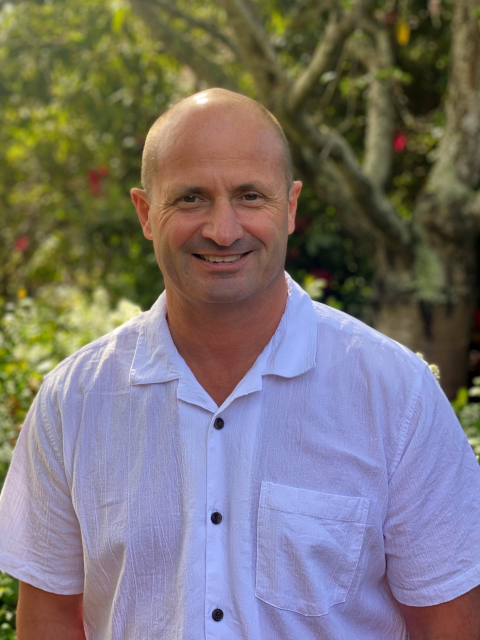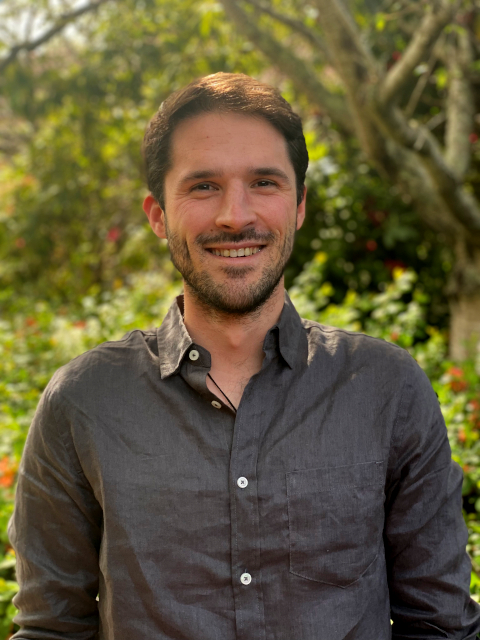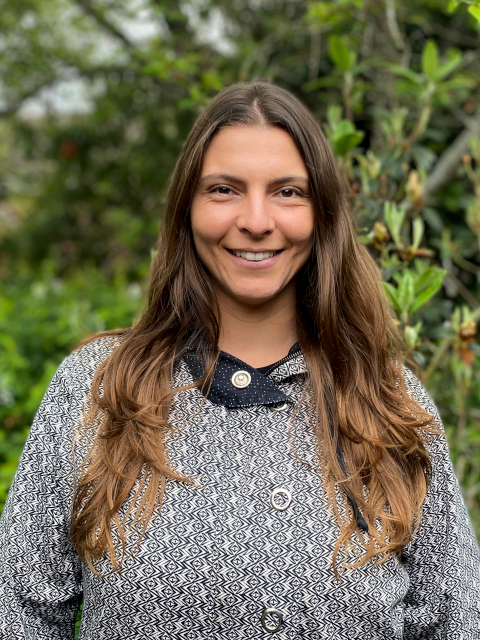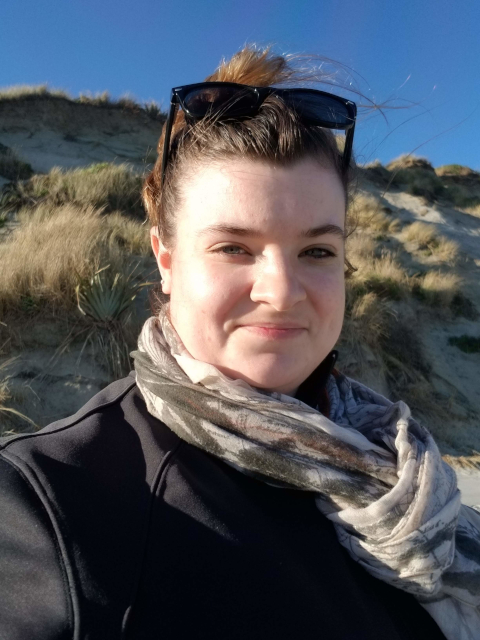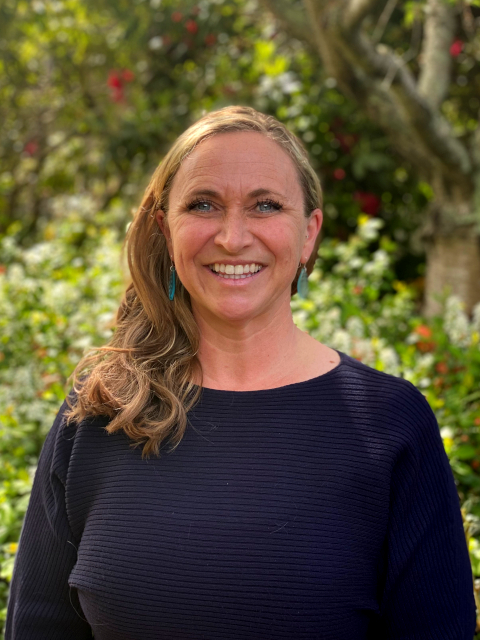The Company
Better outcomes for our environment, using data-driven knowledge.
Proteus is a statistical consulting company that specialises in ecological and wildlife applications. We are here to help researchers and decision makers understand the ecological systems they work with, using robust statistical methods and analyses. Based near Dunedin, New Zealand, our team helps to find better environmental outcomes all around the world.
Our Team
Darryl is an internationally renowned ecological statistician, particularly for his work on the development and application of species occurrence models. He has over 20 years experience in applying statistical techniques to a wide variety of ecological and environmental situations, around the globe. Darryl co-founded Proteus with David Fletcher in 2000, and commenced full-time with Proteus in 2001 as a consultant Biometrician. He also holds a honorary Associate Professor position at the University of Otago.
Darryl has provided statistical advice on studies for a wide-range of species and enjoys the challenge of combining the statistical theory with the practical realities to develop a pragmatic solution. He has over 60 publications, with many articles in top ecological journals, and is lead author of the book Occupancy Estimation and Modelling: Inferring Patterns and Dynamics of Species Occurrence. A full list of his publications are available on Google Scholar.
Aaron is an ecologist originally from Alberta, Canada. He recently completed his PhD in Ecology at the University of Otago, where he studied large-bodied alpine invertebrates and their interactions with introduced predators. Aaron has experience using a variety of statistical techniques, including species distribution modelling and mixed effects modelling, to enhance our understanding of lesser-known taxa in New Zealand. He is particularly interested in the dynamics between introduced pests and native fauna, as well as the statistical techniques used to examine these relationships.
Abby is originally from Seattle, USA where she is currently wrapping up her PhD in quantitative ecology at the University of Washington. Her PhD focuses on the development of integrated population models to better understand the dynamics of endangered avian species. She is particularly interested in the demography of small or declining populations and the statistical techniques we use to study them. Among those, she has extensive experience with Bayesian hierarchical models.
Heloise is a quantitative ecologist, originally from Brazil. She completed her PhD in Statistics at the University of Otago in 2021 developing integrated distance sampling models. Heloise has experience in a variety of statistical analysis methods, particularly for estimating abundance and distribution of biological populations, including distance sampling, mark-recapture, mixed and additive models, and survival analysis, using both Bayesian and frequentist approaches. She has a strong interest in marine mammals and has worked with populations of whales and dolphins all around the world for the last 13 years.
Rachel is a spatial ecologist and conservation biologist originally from the USA. She completed her PhD from the University of Otago in 2022, where she studied the marine foraging distribution of yellow-eyed penguins/hoiho. She has a background in various spatial analysis methods, such as species distribution modelling and home range estimators, as well as several statistical and GIS programs, including R, ArcGIS, and QGIS. Rachel is also interested in relational database management and application development for wildlife monitoring, with an emphasis on multi-user accessibility and data visualisation.
Stefan has a background in quantitative ecology. Originally from Germany, Stefan graduated with a zoology PhD at the University of Otago in 2016, studying the population dynamics of New Zealand sea lions. He has extensive experience in applying quantitative methods, such as Bayesian statistics and state-space modelling, to wildlife population and fisheries data. Further, Stefan specializes in the development of Shiny Apps aiming to streamline statistical data analysis and making statistical models accessible to non-specialists. He has been principal investigator on various fisheries modeling projects contracted by the Ministry for Primary Industries, New Zealand. A full list of his publications are available on ResearchGate.
